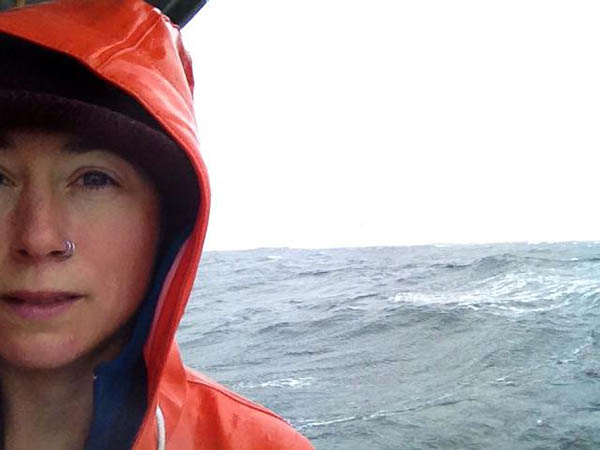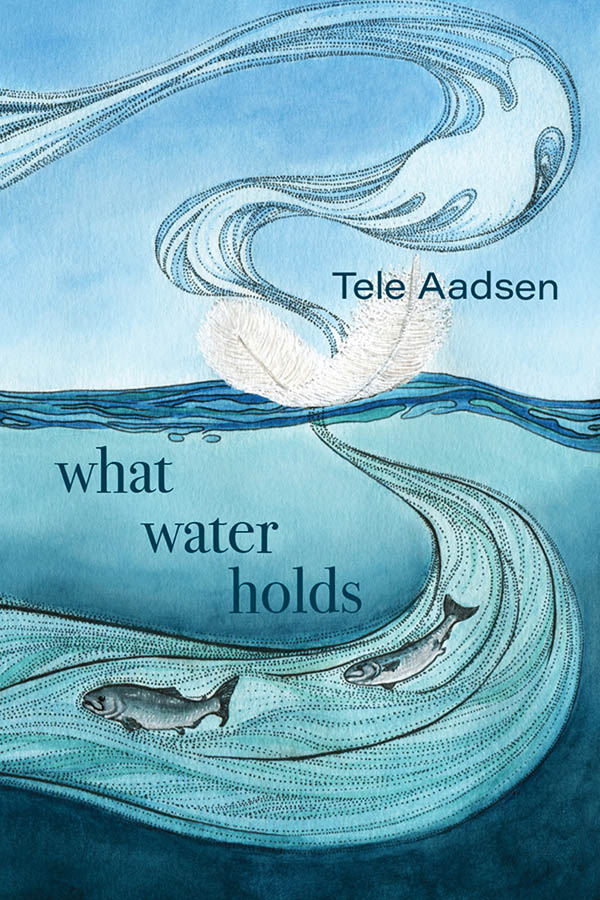Japan’s 9.0 earthquake and consequent tsunami struck one week ago. As the depth of the devastation continues to unfold, I’ve been thinking about our Japanese brothers and sisters, wondering how people manage to get through the unimaginable.
Three days ago, Al Jazeera News posted a video of 65-year old Takio Tachibana, a fisherman whose home of 38 years was destroyed. Surrounded by the remains of his family’s life, he pulled a rake through the rubble. Slowly – the motions of someone who has to cling to a tool, even if that tool is as relevant as a plastic spoon for clearing an avalanche. His wife and son were safe, yet in addition to their home, Tachibana’s boat – their livelihood – was lost. The disbelief on his face was clear – how does someone spend a lifetime going to sea, only to have the monster chase him through his very door?
Viewing photographs of shattered coastal townships, I’ve been thinking about the precarious nature of the relationship between humans and the sea, the sense of community forged between people, even on opposing sides of the globe, whose hearts pulse in time with the ebb and flood of the tides.
During one halibut season several years ago, my “brother” Martin perfectly articulated this sense of an ocean-based global connection. He’s traveled extensively – Tunisia, France, Italy, most recently – and makes a point to always visit another country’s fishing villages. “Wherever I am in the world,” he reflected, “whenever I step on a dock, I’m walking home.”
When Joel and I travel, we always pack a few fishing photos. Some of the Nerka on a blindingly blue ocean, some of the mountains towering above us, some us-with-big-fish snuff shots. When we pull these out to share with the locals on a Costa Rican riverbank or in a Tunisian boatyard, no es importante that we stumble over our minimal Spanish and hopelessly butcher the couple Arabic phrases we cling to, our linguistic life-jackets. When those pictures come out, suddenly we have a shared tongue. Ours is the language of people who’ve gazed over an expanse of water so great that it washed away every illusion of self-importance, every misplaced notion of what was essential, water so omnipotent that it washed the very sun off the horizon. Together, with our global shipmates, we are drunks who clutch this confused cocktail of absolute freedom and total dependence, who’ve traded the certainty of firm ground for the risk-filled relief of a deck undulating beneath our feet. Each time we leave the harbor, we know this might be the time we don’t come back. And, knowing all of these things, we drink that glass dry, drain it of every last drop.
But Japan’s docks are gone. Wrenched from their anchors as cruelly as a hermit crab yanked from its shell, their walk-on-water, floating footway promises utterly, irrevocably broken. I’m left wondering, how do ocean folk find their way home, when all of the moorings are gone?




Well done.
How I have missed reading your words Tele… So good to see this blog up and going. Take care.
OMG I love your first posts! I simply cannot wait to follow you as you write, fish and make meaning of your experiences! Great blog.
Many thanks, sweeties. (Ah! I knew it — the first “sweetie” drops within the first 24 hrs of airtime!) Your encouragement is so appreciated — helps convert my nervousness and writer’s block to excitement and enjoyment of the process.
Your word are hauntingly beautiful. How closely we are all connected. How do we find our way home. Congratulations on launching your blog. Thank you for sharing your beauty.
Thanks, Angela. I suspect that the issue of “home” is going to be a fairly frequent topic here… Seems to come up a lot for us seasonally-based transient folks!
Fascinating. I enjoy your work. My husband is an avid diver (in Alaska and around the world); what intrigues me is the that fact we live on a planet that is 3⁄4 water, and we’ve only begun to scratch the surface of what lies below…new discoveries are being made every day
May you remain protected out there!